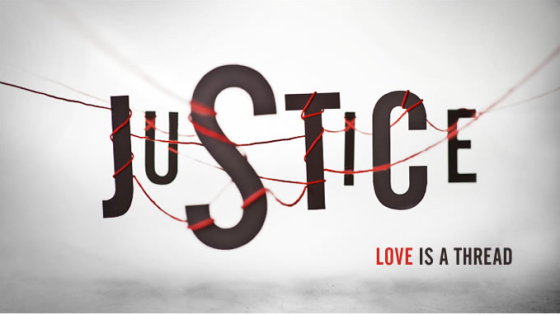 Imagine waking up this morning without water.
Imagine waking up this morning without water.
None. No water from the taps. None in the toilet. None in the shower. None in the washing machine or dishwasher. None in the sink. None in the fridge. No ice in the freezer. No water.
What would I drink? How would I wash dishes, clothes, myself? How would I brush my teeth, flush the toilet, get clean? How would I cook? You’d quickly begin to panic, yes? Even writing that paragraph made me feel thirsty. You’d quickly become consumed with finding water. Your thoughts would be filled, and you’d immediately rearrange your entire day around the sole purpose of finding water.
 But what if you had no car? And no store in which to buy water? For me, that would mean walking three miles down to the Willamette River. Most people I know won’t even swim in the Willamette much less drink its water–it’s filthy. But supposing I did successfully get myself down to the river, carrying just five measly gallons of water back home the three miles straight up Hidden Springs hill would be virtually impossible. Just 5 gallons of water weighs almost 42 lbs. Now, that 5 gallons is the average usage for Africans each day. (The average American family of four uses 400 gallons of drinking water a day.) That little trip right there that I just described would take all day, leave me exhausted, and would need to happen every single day. Not to mention my children. There’s no way they could hike those 6 miles. I’d have to leave them at home without supervision, every single day.
But what if you had no car? And no store in which to buy water? For me, that would mean walking three miles down to the Willamette River. Most people I know won’t even swim in the Willamette much less drink its water–it’s filthy. But supposing I did successfully get myself down to the river, carrying just five measly gallons of water back home the three miles straight up Hidden Springs hill would be virtually impossible. Just 5 gallons of water weighs almost 42 lbs. Now, that 5 gallons is the average usage for Africans each day. (The average American family of four uses 400 gallons of drinking water a day.) That little trip right there that I just described would take all day, leave me exhausted, and would need to happen every single day. Not to mention my children. There’s no way they could hike those 6 miles. I’d have to leave them at home without supervision, every single day.
That’s all just for 5 gallons of virtually undrinkable water.
My point? We wouldn’t survive without clean water.
 This is the reality for 1.2 billion people in our world today. As many as 5 million people die every year of water-related illnesses. A child dies every fifteen seconds of a waterborne disease. It’s a no-win situation. Children either die for lack of water or die because the water they have isn’t clean. The problem feeds every other problem. Women and children cannot work because they have to spend all day fetching water. In developing countries women and children invest two hundred million hours a day to fetching water. That’s equal to a full-time workforce of twenty-five million people fetching water eight hours a day, seven days a week. Children can’t go to school. Without water humans cannot work, cannot learn, cannot function. Without water we can’t even think.
This is the reality for 1.2 billion people in our world today. As many as 5 million people die every year of water-related illnesses. A child dies every fifteen seconds of a waterborne disease. It’s a no-win situation. Children either die for lack of water or die because the water they have isn’t clean. The problem feeds every other problem. Women and children cannot work because they have to spend all day fetching water. In developing countries women and children invest two hundred million hours a day to fetching water. That’s equal to a full-time workforce of twenty-five million people fetching water eight hours a day, seven days a week. Children can’t go to school. Without water humans cannot work, cannot learn, cannot function. Without water we can’t even think.
And yet it’s one of the easiest ways we can help.
For three simple ways to help, read the rest at Sacred Mundane …


 Imagine waking up this morning without water.
Imagine waking up this morning without water. But what if you had no car? And no store in which to buy water? For me, that would mean walking three miles down to the Willamette River. Most people I know won’t even swim in the Willamette much less drink its water–it’s filthy. But supposing I did successfully get myself down to the river, carrying just five measly gallons of water back home the three miles straight up Hidden Springs hill would be virtually impossible. Just 5 gallons of water weighs almost 42 lbs. Now, that 5 gallons is the average usage for Africans each day. (The average American family of four uses
But what if you had no car? And no store in which to buy water? For me, that would mean walking three miles down to the Willamette River. Most people I know won’t even swim in the Willamette much less drink its water–it’s filthy. But supposing I did successfully get myself down to the river, carrying just five measly gallons of water back home the three miles straight up Hidden Springs hill would be virtually impossible. Just 5 gallons of water weighs almost 42 lbs. Now, that 5 gallons is the average usage for Africans each day. (The average American family of four uses 





 Because millions of kids go everyday without shoes, as I
Because millions of kids go everyday without shoes, as I 
